You have noticed some popcorn kernels will not pop no matter how long they heat, they never seem to pop into the delicious popcorn puffs we love to enjoy, and you might be wondering why these popcorn kernels never seem to pop.
Why your popcorn will not pop is pretty simple: water. Popcorn kernels popping depends on the water content of the kernel. When a popcorn kernel heats, the water inside the kernel release steam like a tea kettle. The steam being released from the popcorn kernel puts pressure on the popcorn kernel’s hull until the pressure is too much and it explodes into the popcorn puff, which we love to snack on. Popcorn kernels will not pop if they contain too little or too much water moisture inside the kernel. The popcorn kernels which do pop have 14-15% moisture in the hull and anything less or more will cause the popcorn kernel to not explode. You can test the moisture of your popcorn by using your fingernail. If you can dent the popcorn kernel with your nail, there is too much moisture in the popcorn and if the popcorn kernel is hard and cannot be dented, there is too little moisture. The second reason some popcorn kernels do not pop is because of the popcorn hull.
The hull of the popcorn is the hard exterior around the starchy, moisture-filled center. The hull around the popcorn creates a watertight seal does not allow the moisture to escape which in turn creates the steam and pressure required to pop popcorn kernels. Steam typically starts to form around 212 degrees Fahrenheit and around 348 degrees Fahrenheit the moisture turned steam builds pressure and pushes against the watertight and sealed hull as the temperature rises. It is the seal of the hull which allows the popcorn to pop because it creates an environment where trapped and heated steam builds enough pressure, and the hull explodes. If the hull of the popcorn is imperfect or damaged, the water moisture within the popcorn kernel can escape through the hull going below the desired 14-15% moisture level and the popcorn kernel will remain un-popped even though it has been heated.

The unpopped popcorn left after the popcorn has been popped is sometimes called Old Maids and occasionally Spinsters. It is not very clear where these nicknames for the leftover up-popped popcorn kernels can from. Typically, the more old maids you find in your popcorn the lower the quality of the popcorn. Lower quality popcorn kernels are more likely to contain too little or too much moisture in the hull. Since the issue with un-popped popcorn is there is too little or too much moisture in the hull, there are theories suggesting you can help these poor old maids pop. Some popcorn lovers suggest soaking the popcorn to promote moisture in the hull, while others suggest drying out your popcorn. The best way to pop this un-popped popcorn is up for debate and not the main theory is up-popped popcorn is unfortunately un-poppable. Due to the hull needing to be air-tight to hold in the stream while the popcorn heats, there is no way to moisten a kernel needs more moisture in the hull or vice versa because a damaged popcorn with a damaged hull will not be able to build enough steam pressure to effectively pop into popcorn due to the damage letting the steam escape the same way it entered.
When you reach the bottom of the popcorn bowl, there is always a few teeth rattling bites when you accidentally get one of the pesky popcorn kernels. Sadly, there is not much to be done about these kernels when you are popping your own popcorn at home. Americas Favorite Gourmet wants every bite of your favorite popcorn to be as delicious and satisfy as the first bite, which is why we work hard to ensure that those un-popped kernels don’t make it into your bag! To pop, popcorn needs to contain the perfect amount of moisture in the hull and have no external damage to the hull of the seed, so steam from the moisture heating up can create pressure and burst the hull and create yummy popcorn.



